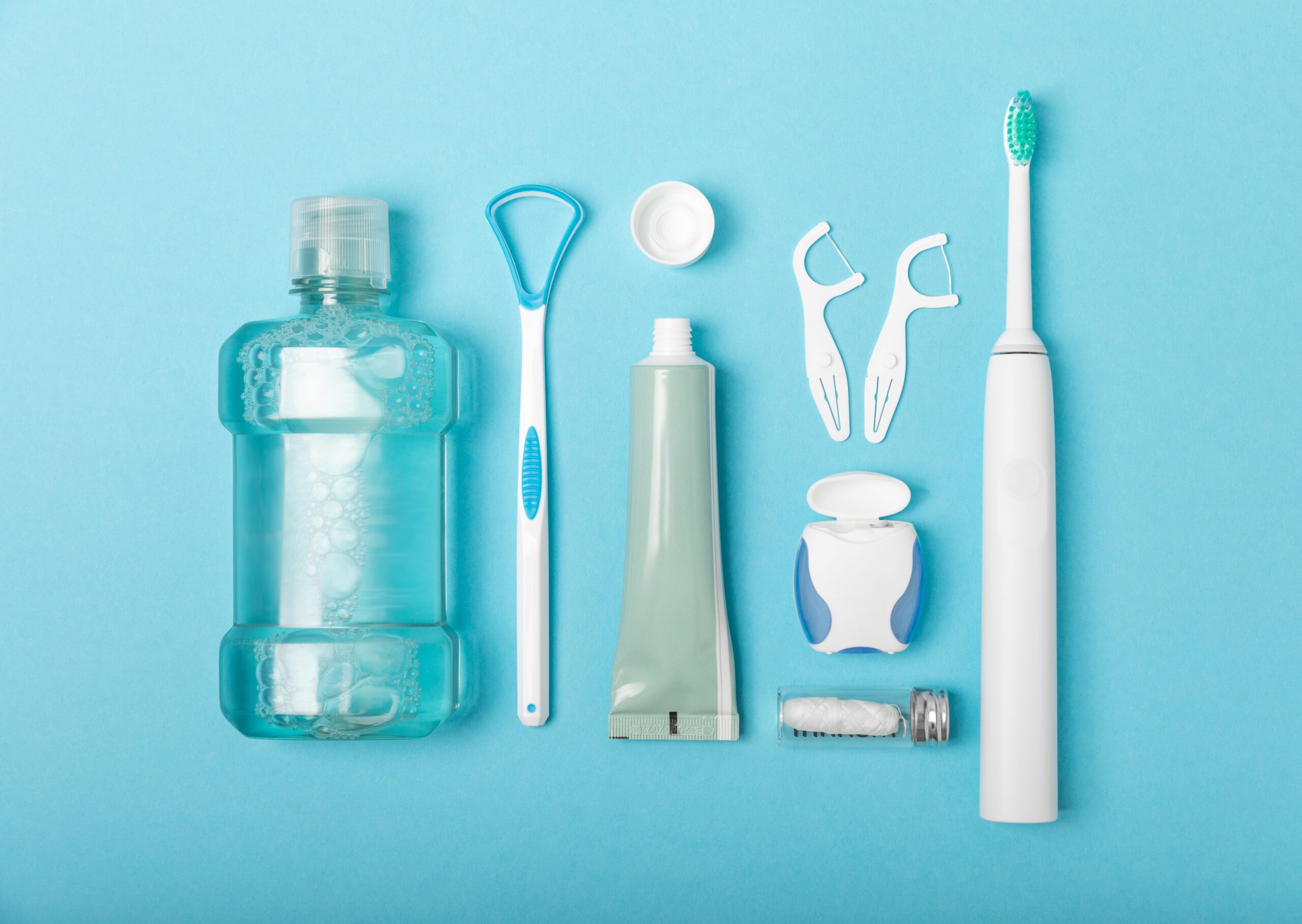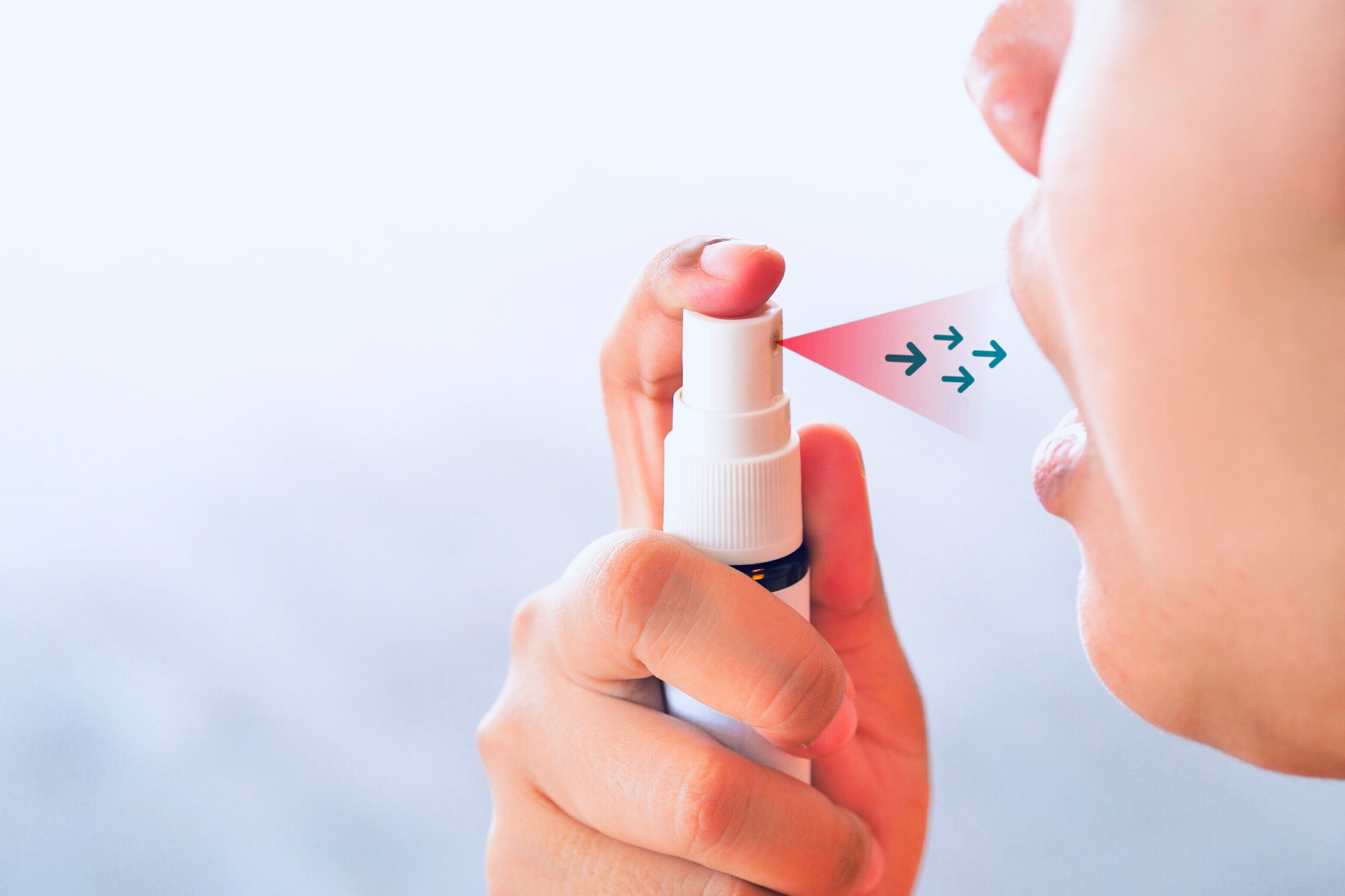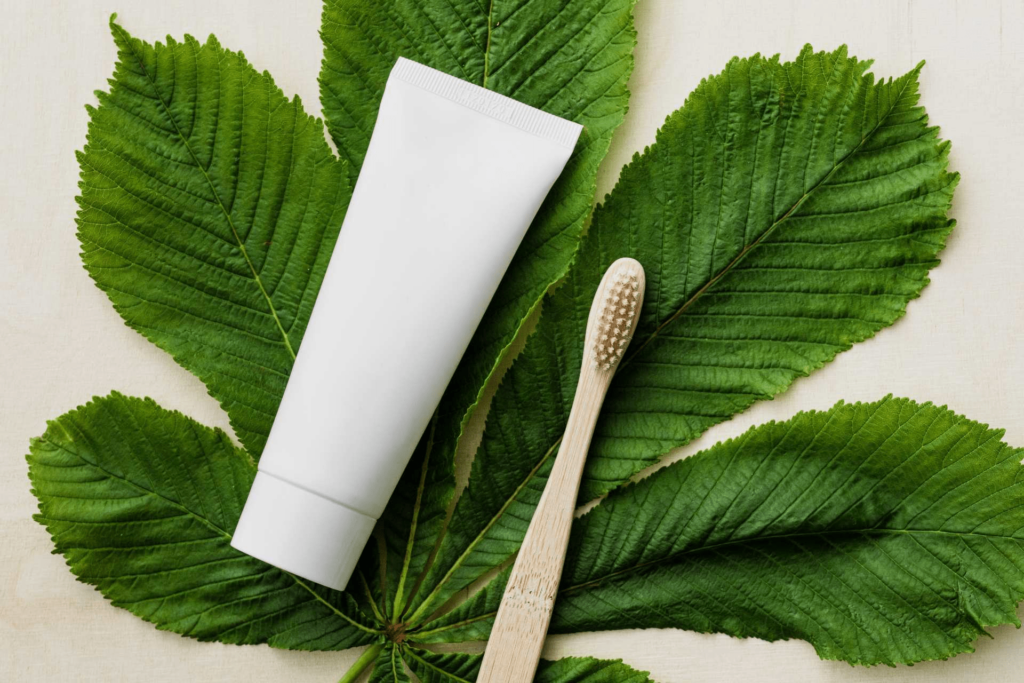
source: pexels
In our daily life, toothpaste is a normal choice when we are brushing our teeth. However, it is not easy to pick an appropriate type of toothpaste for there are so many types. Nowadays, homemade toothpaste has become a popular choice for many, if you have decided to give up using toothpaste, here are some common toothpaste alternatives which may be your options.
Sea Salt
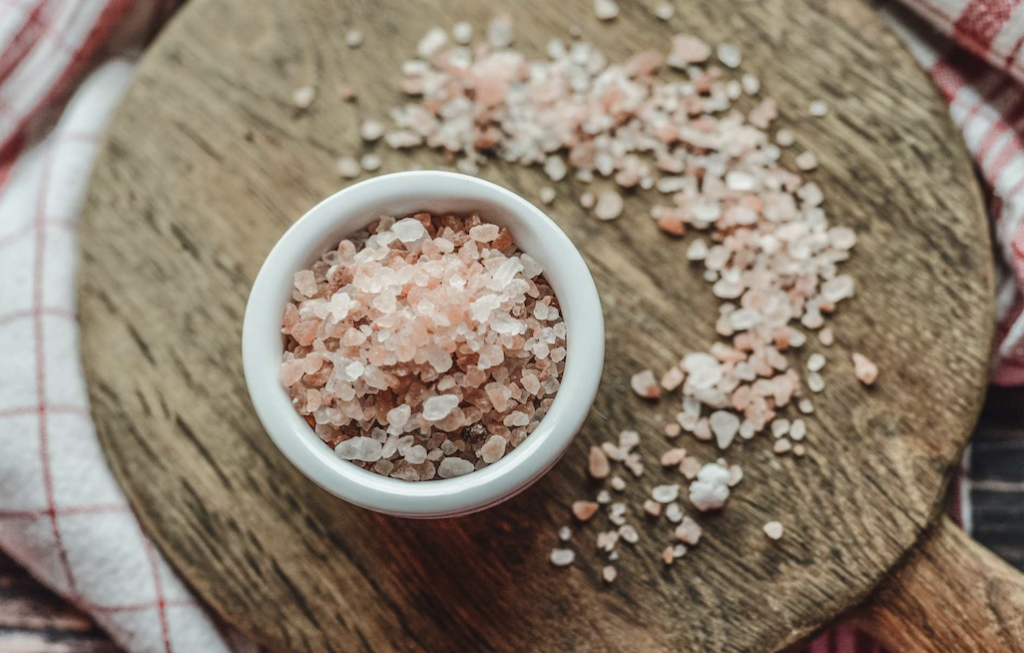
source: pexels
In the Chinese ancient novel A Dream in Red Mansions, we can see that Jia Baoyu cleans his teeth with salt every morning. Before the birth of toothpaste, our ancestors used sea salt to do oral care. Sea salt not only stabilizes teeth and gum but is also beneficial to health. Rubbing teeth surface with sea salt has strong cleaning power. The fluorine contained in salt is an anti-inflammatory and antiseptic agent. So, it is a nice choice for patients with toothache due to irascibility. Gargling with the soup contains salt can effectively relieve toothache. And it is also useful for the prevention of tooth decay.
Pros & Cons
Due to the properties of sea salt, there are some advantages to brushing teeth with sea salt. For example, it is suitable for anti-inflammatory and antiseptic. On the other hand, it can also keep teeth stable.
Just like every coin has two sides, there are also disadvantages. Firstly, the morphology of sea salt is hard polygon, it may hurt the tooth enamel on the tooth surface. At the same time, there is a tender mucous membrane over the surface of our gums, it may also be injured. In serious situations, it may lead to problems with gum bleeding.
Coconut Oil
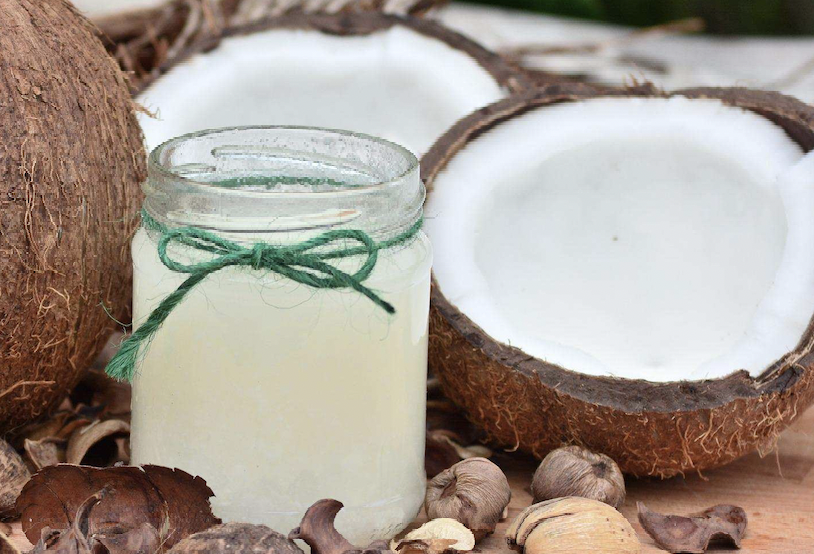
source: pixabay
Coconut oil is a kind of non-volatile oil refined from the seeds of the coconut tree. This oil is beneficial to our bodies, from the skin to hair, and even to our teeth. In ancient India, people used coconut oil to rinse their mouths. Most of them were gargled with water that contains coconut oil for fifteen minutes and spitted out. They thought it was very useful for the detoxification and purification of organs. In fact, the effect has been approved by modern dentists. They believe that the lauricin in coconut oil has the effect of killing oral bacteria, teeth Whitening, and keeping Gums Healthy.
Pros & Cons
This oil is really good for the human body, so we can list many pros easily. Firstly, it is helpful for teeth whiting. Coconut oil contains natural Antibiotics which can clean the surface of teeth and remove surface dirt. Secondly, it can effectively remove bacteria from the mouth especially those hidden between the teeth. Thirdly, it can improve insomnia and migraine.
However, gargling with coconut oil may make you vomit. If you are sensitive and get allergic easily, you may confront allergic reactions to coconut oil. It may cause infection to those people with wounds in the oral cavity.
Baking Soda
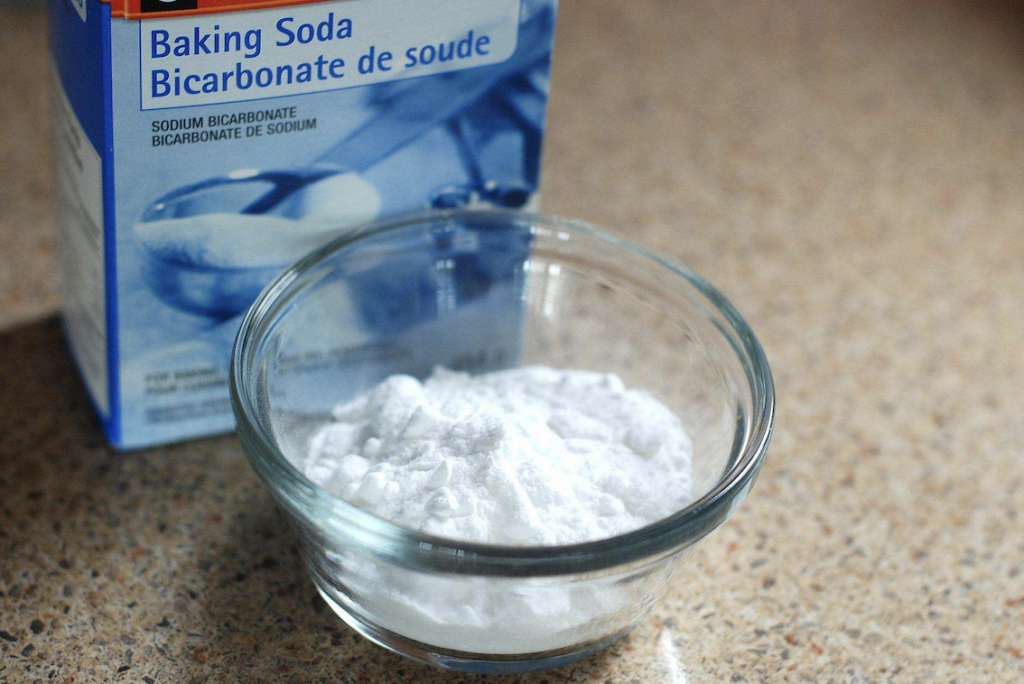
source: pixabay
In the 18th century, tooth powder appeared in England. Most dental powders use baking soda as a base ingredient. Baking soda generally refers to sodium bicarbonate, which is an inorganic compound. Brushing teeth with baking soda is a great method for cleaning teeth. It can brush away tartar and pigment from the surface of teeth in order to prevent dental caries. Baking soda can change when it meets water and undergoes an acid-base neutralization reaction. So, if you brush your teeth using baking soda mixed with water, it can neutralize bad breath.
Pros & Cons
Due to the nature of baking soda itself, brushing teeth with baking soda has a number of benefits. First of all, it has the effect of whitening teeth. As baking soda is a kind of acidic material, it is useful for dissolving stains on the surface of the teeth. Next, there is a kind of fibrous material in baking soda that can activate cells in the body and help us with stabling our teeth.
However, because baking soda has a certain degree of corrosiveness, it may corrode teeth and break the internal oral environment for long-term use.
Herbal Powder
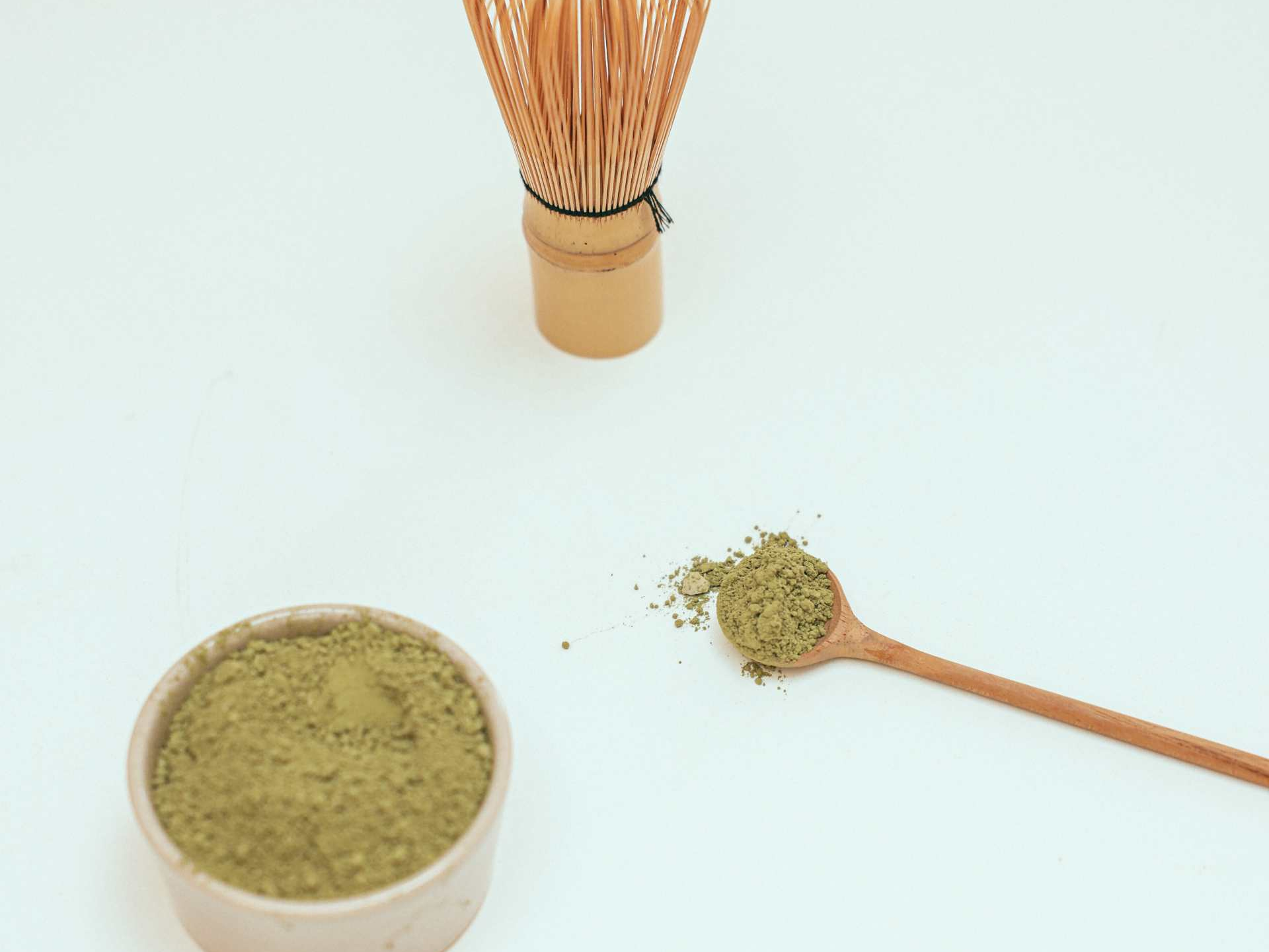
source: pexels
Research has shown that herbal powder is effective for a series of common daily dental or oral problems such as bleeding gums, periodontitis, bad breath, fear of cold and heat in teeth, etc. This method has a long history, As early as in the “Compendium of Materia Medica”, it was recorded that brushing teeth with herbal powder is an effective way to treat bleeding teeth, swollen gums, and loose teeth. It is an appropriate way for older people because many of them have toothache with fire in their gums. And herbal therapy is a way to nurture your health. By the way, many of the contained herbal ingredients are helpful to fight infection and inflammation, which also alleviate pain.
Pros & Cons
As mentioned above, there are many advantages to brushing teeth with herbal powder. Also, different kinds of herbal powders bring different effects. For example, some herbal powder is good for blood circulation and dispels wind and dampness. Some kind of herbal powder is useful for bad breath removal and the prevention of tooth pain.
However, herbal powder like other powder-like materials may be too hard to wear and tear our teeth, even making them bleed.
Charcoal

source: pexels
It is one of the earliest brushing teeth methods. In ancient Greek and Roman times, people used animal ashes to make dental powder to clean their mouths. Some primitive tribes use charcoal, salt water, and twigs to clean their teeth. Those twigs work as natural toothbrushes, and charcoal has the effect of cleaning teeth, which can also prevent tooth decay. Charcoal has adsorption properties, and it is able to absorb debris from the mouth. So, it can clean the teeth effectively.
Pros & Cons
From the nature of charcoal itself, there are many pros to using charcoal cleaning teeth . It is a good way to absorb debris from your mouth.
From a medical point of view, this method also has many drawbacks. Firstly, charcoal is relatively rough, it may hurt gums through brushing teeth with charcoal. It may cause the gums to be in a congested state. And the congested state may be abrased during the process of brushing teeth, which may trigger or aggravate gingivitis. Secondly, charcoal contains a lot of granular material which may wear down teeth and cause teeth loss.
Are Toothpaste Alternatives Harmful?
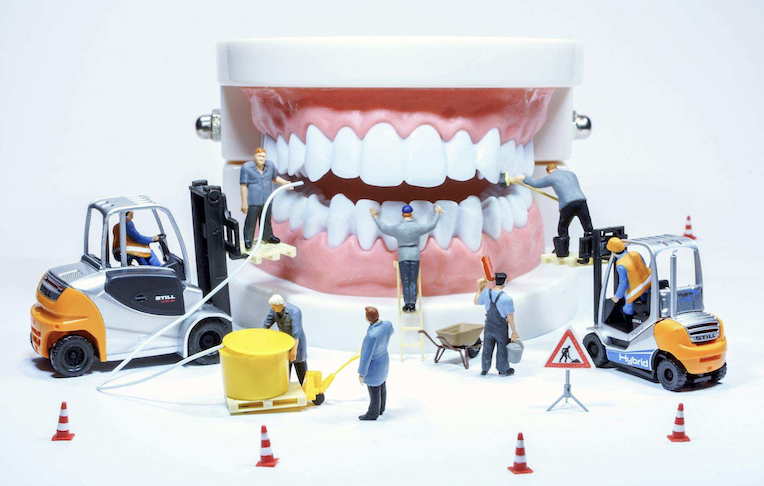
source: pixabay
If you have read this passage carefully, you have already got general idea about these toothpaste alternatives which I have mentioned above. By learning their features, it is easy to understand why they can be toothpaste alternatives.
All of them have pros and cons if you use them to brush your teeth. Some alternatives truly harm our teeth hardly, such as charcoal and sea salt. Due to the hard form of these two substances, it may hurt our teeth and cause bleeding gums. Except for that, other toothpaste alternatives also may be harmful to some extent. For example, coconut oil may be harmful to people with wounds in the oral cavity and cause infection. And baking soda may corrosive teeth and break internal oral environment for long-term using.
For the reason that those toothpaste alternatives more or less hurts the human mouth. Nowadays, there are some oral care manufacturers which can leverage strengths of those toothpaste alternatives and avoid shortcomings. More important, they are usually private customization. And this may fit different people well. At next, there will be some introduces about homemade toothpaste.
Combination: Homemade Toothpaste Formula
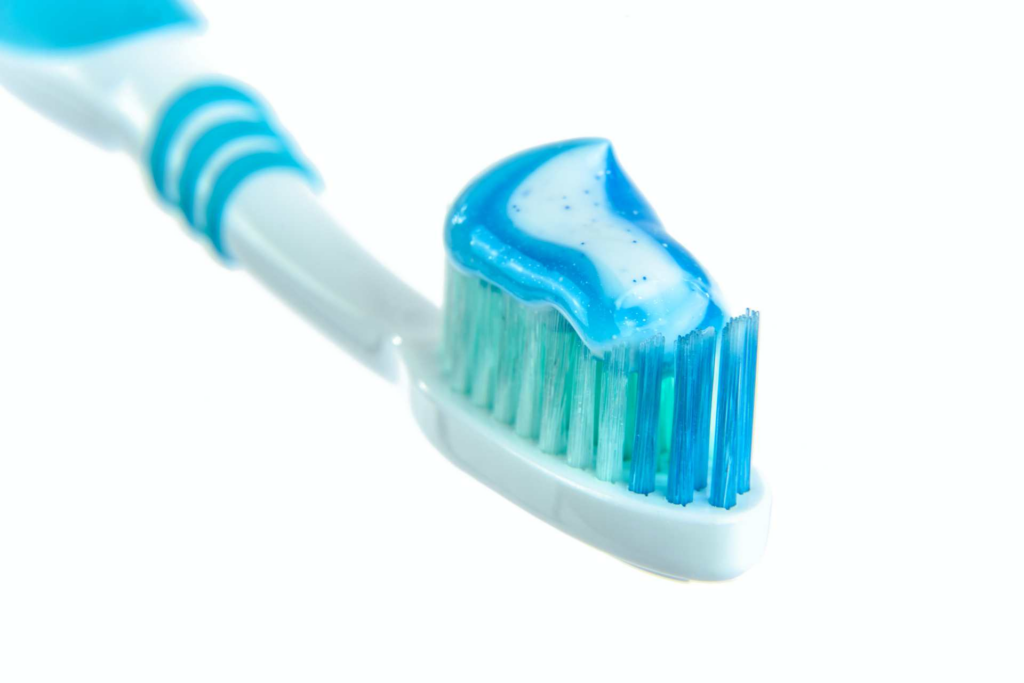
source: pexels
Homemade toothpaste is a good choice for modern people. They are not formatted, so they suit different people with variety body types and prefers. You can click into those homemade toothpaste links and you will get in a toothpaste factory. In that toothpaste factory, you can choose the toothpaste you like. No matter whether you prefer private label on off-the-shelf toothpaste or custom formula, package and other aspects.
Here are two simple ways of making toothpaste at home. The first method needs coconut oil, baking soda and organic edible peppermint essential oil. After peparing these ingredients, you just need to follow these steps:
- Put 2:1 coconut oil and baking soda into a glass jar
- Stir well and add 20-30 drops of peppermint essential oil
- Mix them well and you will get your homemade toothpaste
Except for that, if you have sea salt and baking soda, you can follow these steps to make another toothpaste on your own:
- Grind the sea salt into a fine powder and pour it into a paper cut
- Add baking soda into it
- Stir well and you will get your toothpaste
There are a full range of formula options. You can choose different ingredients, hot elements, flavors and sizes for your customized toothpaste. For example, if you are a fire-prone person, you can choose herbal powder as one of ingredients. If you want to white your teeth, you can choose baking soda, etc. Whether you prefer basic or natural ingredients, they can customize paste for you. Being able to choose the model will also give you a great deal of convenience, imaging that if you are on a trip, it is more convenient to take a travel toiletry size.
After that, they can also package design the toothpaste you want. In order to enhance your toothpaste brand aesthetic, they will also provide design and print services on tube, pump or box. Then you can buy your specialized toothpaste on the market, or you can also wait for their delivery.
Key Takeaway

source: pixabay
Along with the improvement of people’s demand for quality of life, toothpaste that is readily available on the market no longer meets everyone’s needs. So, people put their eyes on toothpaste alternatives. Such as, sea salt, coconut oil, baking soda, herbal powder, charcoal and so on. However, due to the harm which they brought to our teeth, the toothpaste alternatives at home seem to be more suitable. They are specific for you and more gender.
